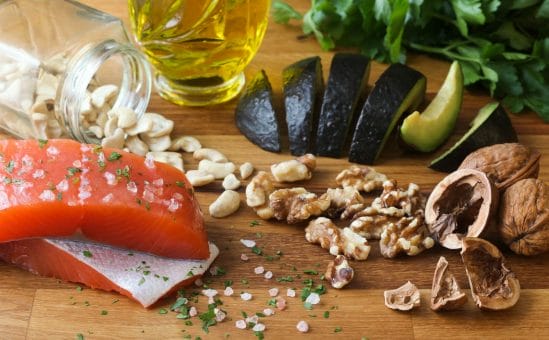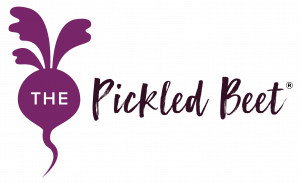We’ve all used the term, “food baby” when we’ve overindulged at a family gathering, eaten too quickly while rushing out the door, or felt like we couldn’t move after enjoying a rich, carb- or fat-heavy meal.
However when discomfort becomes pain, physical changes, or digestive disruption, a more serious problem could exist that is more than just an unbutton-your-jeans situation.
If you suffer from bloating, abdominal pain, food sensitivities, or nutrient deficiencies you may be experiencing a phenomenon commonly referred to as “leaky gut.” Leaky Gut Syndrome isn’t a diagnosable disease itself, rather an indicator of a more serious concern that is yet to be determined such as Celiac Disease, irritable bowel syndrome (IBS), Crohn’s disease, or diabetes.
What Does It Mean to Have a Leaky Gut?
Part of the job of your intestinal lining is to act as a barrier between bacteria, toxins, antigens and partially digested food, and the tissues surrounding your intestines. “Leaky gut” happens when the permeability of your intestinal lining is amplified, impairing this barrier and allowing toxins into your bloodstream. In turn, these toxins can trigger an inflammatory response that may manifest as various diseases, crater your immune system, and degrade your intestinal lining over time.
With the evolution of the modern Western diet, “leaky gut” symptoms are becoming more prevalent.
Diets that are low in fiber, rich in refined carbohydrates, and accompanied by a high-stress lifestyle can cause poor digestive health and inflammation that ultimately lead to “leaky gut” symptoms.
If you’ve been diagnosed with a medically recognized condition, your doctor may prescribe medications or elimination diets to manage your symptoms and prolong your ability to live comfortably with minimally invasive intervention. However, regardless of if you’ve been formally diagnosed, or if you suspect you are just beginning to experience common symptoms, there are dietary measures you can take to manage your discomfort and slow or even self-treat your “leaky gut.”
Tips to Manage a “Leaky Gut”
- Reduce or remove inflammatory foods from your diet including processed foods, foods with added sugars or refined fats, gluten, and dairy.
- Follow a low FODMAP diet that is low in fermentable carbs.
- Add supplements or foods to your diet that contain probiotics and prebiotics to optimize your gut health. Examples of these foods include kefir, kimchi, berries, and cultured yogurt.
- Increase your intake of high fiber foods by adding a colorful variety of vegetables, fruits and legumes to each meal.
- Reduce your intake of unnecessary toxins such as alcohol, tobacco, and excessive use of painkillers. These substances can significantly alter the bacteria in your gut, contributing to inflammation.

How an Elimination Diet Can Help
If you suspect you have a “leaky gut,” or indicators of a more serious condition, The Pickled Beet can help you manage your symptoms with your diet as you begin the process of working with your doctor to uncover what could be wrong.
Our experienced chefs customize healthy, satisfying meals that are carefully designed to eliminate the elements of your diet that may be harming your health. We add in vital nutrients in balanced portions so you can regain the clarity and energy you need to begin to repair your gut. With more than 16 years of experience partnering with medical teams using culinary medicine, we use organic, whole foods to address nutrient deficiencies and soothe inflammation. By eliminating common triggers of “leaky gut,” you’ll be able to slowly add foods back in until we can pinpoint the root cause of your discomfort.
For more information and tips on how to reset your gut health, visit our blog. You can also view a sample menu of the delicious meal options our clients can enjoy while addressing their “leaky gut” symptoms.
Let us help you regain control of your health. Email chefliz@thepickledbeet.com or call 305-388-3536 to discuss your options for creating an elimination diet that’s right for you.


